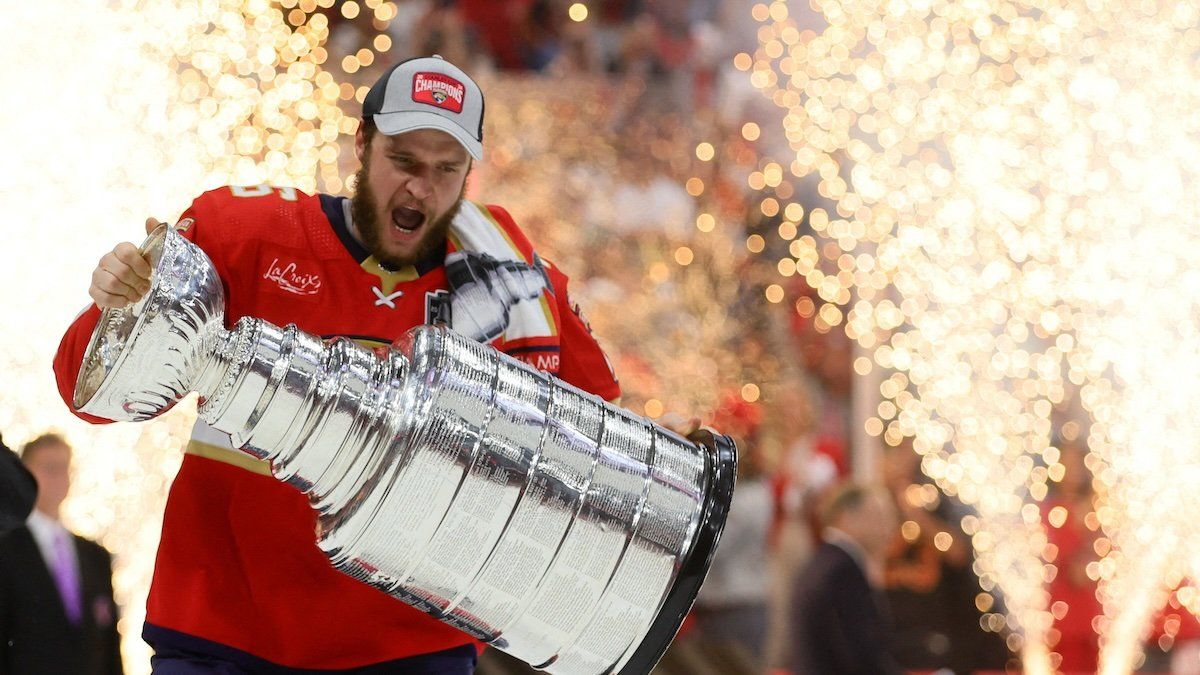On Monday night, the Florida Panthers managed, with some difficulty, to win the Stanley Cup, sending the plucky Edmonton Oilers home disappointed – a sentiment matched by 8.6 million Canadians who helplessly watched the Panthers protect their 2-1 lead.
The Canadians should be used to it by now. No team from the Great White North has won a cup since the Montreal Canadiens beat the LA Kings — featuring superstar Wayne Gretzky — back in 1993.
Since there are seven Canadian teams in the 32-team league, that would seem to be a statistical anomaly. Randomly, a Canadian team ought to win once every four or five years.
Florida Gov. Ron DeSantis rubbed salt in Canadian wounds on Tuesday night, tweeting that the Sunshine State has won three cups under his tenure, while Canada has won zero under Trudeau.
DeSantis’s free enterprise ways may have something to do with the long Canadian drought. There are many theories as to why Canada keeps getting shut out. Close observers note that NHL teams in the United States offer a huge tax advantage to high-scoring superstars, which may make it harder to lure them north. But there’s also the winter weather, which some find more pleasant in Miami than in Edmonton.
